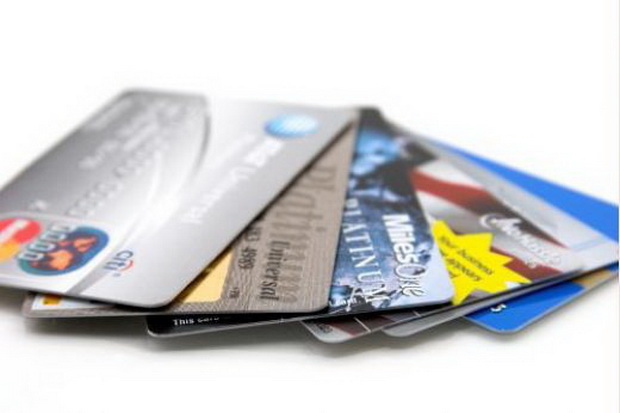When travelling to another country, besides your passport and your sunscreen, perhaps the most vital thing to consider is your holiday spending money.
With the summer holiday season fast approaching, it’s only natural to begin casting our collective gaze towards our actions. But just because the hotel and the flights are booked, that is by no means where the spending ends. Indeed, when travelling to another country, besides your passport and your sunscreen, perhaps the most vital thing to consider is your holiday spending money.
Here, we’ll run through a few of the more common, sensible options.
Prepaid cards
In the days of yore, traveller’s cheques were the way to go, but times have changed and more trav-ellers, but today, prepaid financial services offer a range of prepaid options, which are an incredibly safe, reliable and convenient way to carry cash abroad. Either working via a physical card or digital-ly via an app, these services allow you to load a card with currency and use it like a traditional con-tactless debit card. For busy travellers who don’t want to waste time and worrying about exchange rates, this is the perfect option. The primary benefit of a prepaid card is that you can load it with how much money you think you’re going to spend, but can always top it up as and when required.
Cash
The average Brit spends over €700 when they travel abroad and that’s a lot of cash to be carrying around. Of course, taking a decent amount of pocket money is always a good idea for small pur-chases, but you might be better served waiting until you’re actually abroad and drawing money out of an ATM. This is particularly true for UK travellers, with the inconsistent state of the pound. Al-so, if you take too much currency, you might end ups with leftovers that you’ll either waste at the airport or be left with extraneous currency when you arrive home. In any case, always make sure you shop around for your currency, as different locations will always offer different rates.
Credit cards
For larger purchases, credit cards are always recommended as you will enjoy more comprehensive cover. Using your credit card overseas also typically means you’ll get the interbank exchange. How-ever, not all locations will accept credit cards and if you’re considering using a credit card abroad we would always recommend contacting your card issuer first and asking them what fees will ap-ply. You’ll also often be charged a fee for using your credit card overseas, which is usually between 2.5% and 3%. If you travel often, shop around for a credit card that doesn’t charge large overseas transaction fees.
On balance, we’d suggest the best compromise would be to use all three methods when travelling, but use them for different situations. Keep a small amount of cash on you for everyday spending, take your most suitable credit card for emergency purchases and a prepaid card for everything else.








































































































































